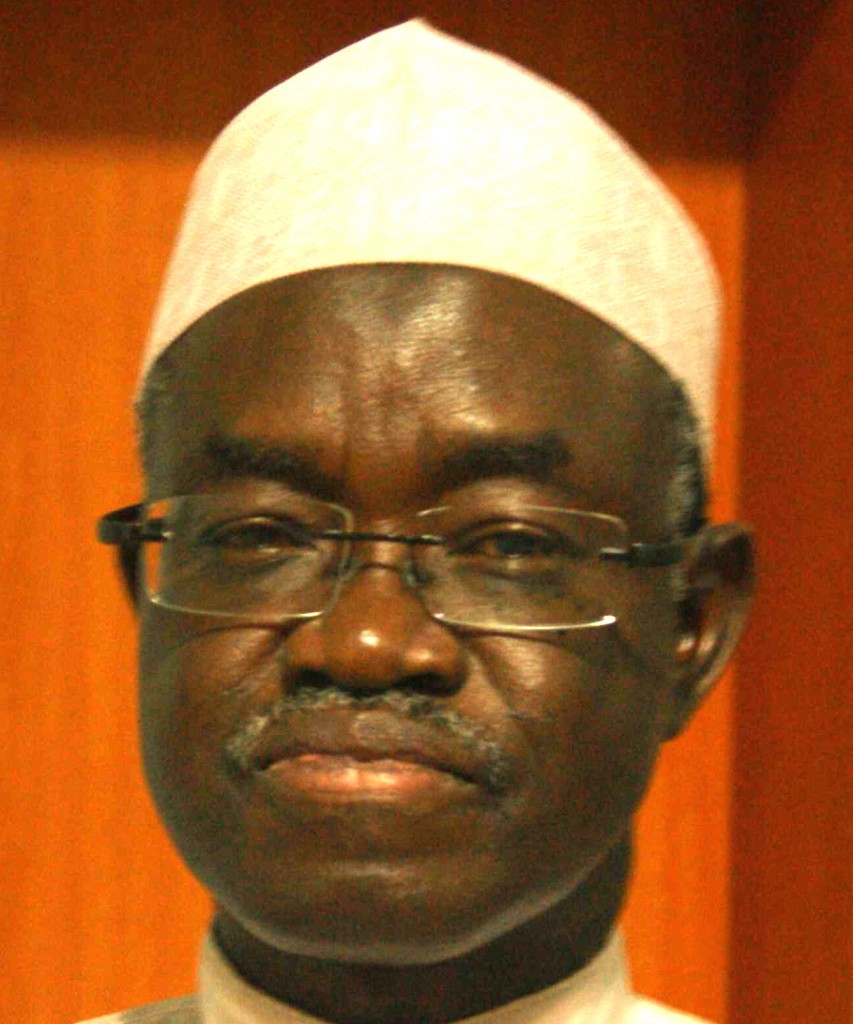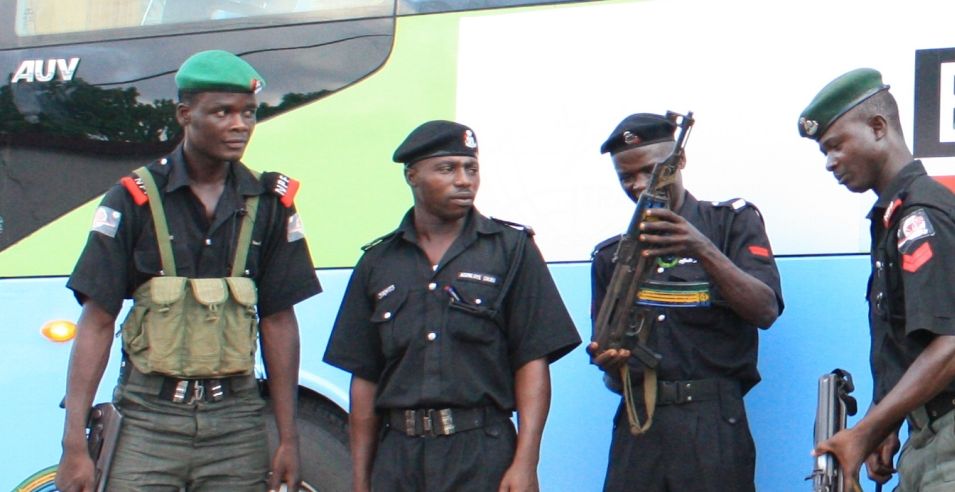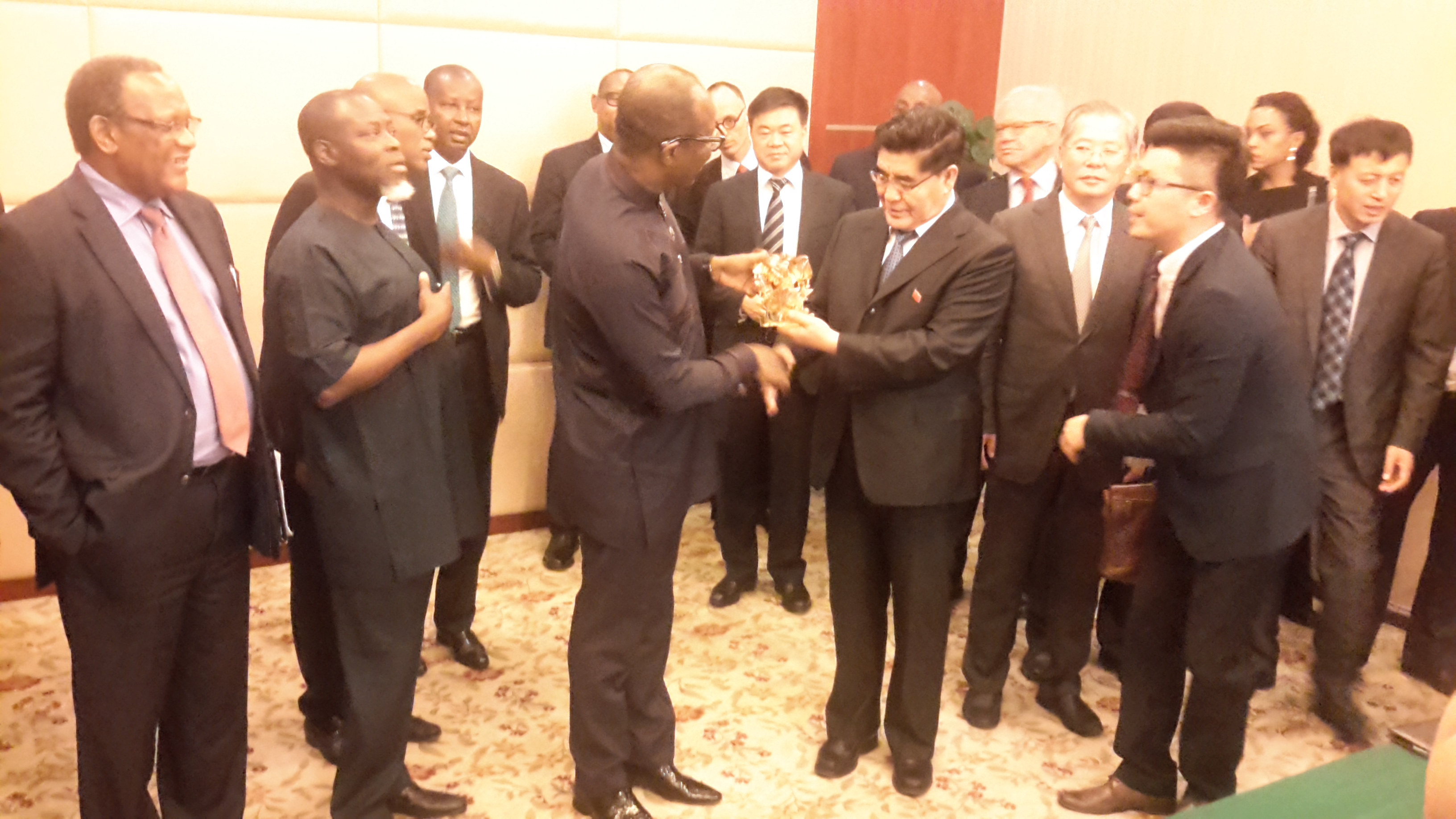I am not a conspiracy theory buff, but the more I think about the recent return of militancy in the Delta region with so much vengeance the more I wonder if there isn’t something to the theory of a grand plan somehwere to dismember Nigeria as Africa’s most populous country and its biggest economy.
The regular reader of this column may recall that about five and a half years ago, on December 11, 2011, to be precise, I expressed concern on these pages about what I said was the dangerous way President Goodluck Jonathan’s administration was playing politics with the Boko Haram insurgency instead of sincerely trying to defeat it.
I pointed out how on more than one occasion some well-known Christian leaders in the corridors of power secured the release of Muhammad Yusuf, the founder of the sect, from detention. I also pointed out the incongruity of President Goodluck Jonathan appointing a sister in law of Alhaji Modu Sherif as a minister, very much against strong opposition from the Borno State chapter of his own ruling party, the Peoples Democratic Party (PDP). This was at a time the two-time senator, governor, and chieftain of the leading opposition All Nigeria Peoples Party (ANPP) was being fingered as the principal financier of the sect, at least in its early stage.
These and other reasons led to popular speculations that the president and some of his confederates were complicit, if not willing players, in a grand conspiracy to dismember the country if they cannot remain in power.
Advertisement
Among the propounders of this theory was one, Gordon Duff, a senior editor at Veterans Today and a self-proclaimed security expert on Nigeria with “close personal friends at the highest levels of government.” In an article in the magazine’s edition of November 14, 2011, he claimed Nigeria was being targeted for destruction by America because it was generally proving insufficiently pliant to Western designs on Africa’s natural resources, oil especially.
“Nigeria,” he said, “is Africa, the most populace country, the most oil and gas wealth, the greatest economic potential, the biggest potential market. Thus, Nigeria is a target.”
Christian Nigeria, he claimed, “is being set up, not just to fight a ‘terror group’ in the North but to take on all of Islamic Africa, to draw them into a war that will bring more players, America, for one, into another endless cesspool.”
Advertisement
It was, he said, a reflection of government’s unseriousness about its war against Boko Haram that it was paying some so-called security experts “for Rolls Royce but (getting) a VW Beatle instead!!”
It is easy to dismiss Duff’s theory as fanciful. But as I said in my column in question, anyone inclined to do so should first consider three things at least.
First, was an article in the New Nigerian of January 20, 2003 by its first expatriate managing director, Mr. Charles Sharp, titled “The story that got away.” I have had occasions to refer to that article on these pages but it bears repeating as a bit of history with lessons for us as a nation.
In that article Sharp revealed how the fabrication of news by the American CIA station chief in Kaduna in the sixties to the effect that Igbos were killing Hausas in Eastern Nigeria during the tense period that followed the Northern counter-coup of 1967 in reply to the Igbo coup of 1966, fueled riots against Igbos in the North which eventually led to our civil war. Sharp said he got to know the news was a CIA fabrication for sure because its author, John Thorpe, with whom he had been acquainted in his days at the New Nigerian, told him so. Sharp, who was British, had gone on a business trip to America as publisher in 1978 and had taken time off to his visit friend, then in retirement in Florida.
Advertisement
“The man who created and used his skill and professional expertise to spread the rumour,” Sharp said, “told me so. ‘It was fiction, put out by us, nothing more.’”
Sharp said to prove how accomplished his friend was at his job as a spook he played back a tape for him in which he heard his own voice clearly speaking on the telephone to the late Alhaji Babatunde Jose, then executive chairman of Daily Times, on how he (Jose) intended to respond to the orders he had received from the military authorities in Lagos, then the nation’s capital, that his newspaper should not publish stories about the Igbo massacre out of fears that it could escalate tensions. Jose had told him he had received the same orders as a result of which, he said, he had had to pulp 50,000 copies of the Sunday Times which had carried the “offending” story. Part of his job, Sharp said Thorne told him, was to bug the telephones of important figures in the country.
Second, there was this piece titled “Is Nigeria the Next Iraq?” in the February 2007 edition of Vanity Fair, the glossy American lifestyle magazine, in which its contributing editor, Sebastian Junger, revealed how a group of “high ranking” American government officials met in the ballroom of the five-star Four Seasons Hotel in Washington DC, on October 23, 2003, to respond to a simulated crisis in oil supply to the global market from Africa.
The gathering was presented with a scenario in which Boko Haram had infiltrated the Niger Delta with intent to disrupt Nigeria’s oil supply and the Nigerian military had failed to stop the sect. The group’s response was predictable; find ways to send in the boys to secure the Delta region even if it meant curving it out of Nigeria.
Advertisement
Third, consider a 28-page bi-partisan report by the US Congress committee on Homeland Security and Counter-terrorism which received wide publicity in our newspapers in December 2011. The report fingered Boko haram as a potential danger to America’s access to the country’s oil and claimed that its members had sneaked into the Delta. It noted that whereas the region’s militias had been “hesitant to inflict truly crippling damage against these facilities because they have some economic stake in them, Boko Haram, which is believed to have no financial interest in the plants, has no such reservations.”
What is obvious from all this is that America, and by extension, the West, considers Nigeria’s oil of strategic interest and would do anything to secure it. The recent resurgence of homegrown militancy in the oil-producing region, however, shows the Americans grossly miscalculated in their assessment of the source of the threat to the continued free flow of the commodity. Instead of Boko Haram the Niger Delta militants in new guises, but notably as Niger Delta Avengers, have since turned out to be the problem. For, if during the tenure of their own Jonathan they were hesitant to seriously disrupt oil production mostly because they were too busy stealing it, it is now obvious that they no longer have any reservations.
Advertisement
And what has removed those reservations is not only the defeat of their son at the polls over a year ago, something they never though could happen and which, in any case, they did everything in and out of the books to avoid. Even more important than their son’s defeat it is apparent that they are greatly angered by the on-going investigations and prosecutions of some of his confederates for their incredible alleged grand larceny under his watch in at least the last five years.
One of the theories about this renewed militancy sees the targets of these investigations and prosecutions, notably former minister of petroleum, Mrs. Dizeani Allison-Madueke, and former militant-in-chief, Government Ekpemupolo, aka Tompolo, and possibly even the former president himself, as its driving force. As conspiracy theories go, this one sounds as popular as it seems credible considering the militants’ insistence that President Muhammadu Buhari must stop his war on corruption if he wants peace in the Delta.
Advertisement
The two-million-barrels-of-oil-a-day questions are: would the president give in and if he doesn’t, as he is unlikely to, would the Americans and their Western allies feel obliged to curve out the Delta region just to secure the country’s oil?
Advertisement
Views expressed by contributors are strictly personal and not of TheCable.
Add a comment







